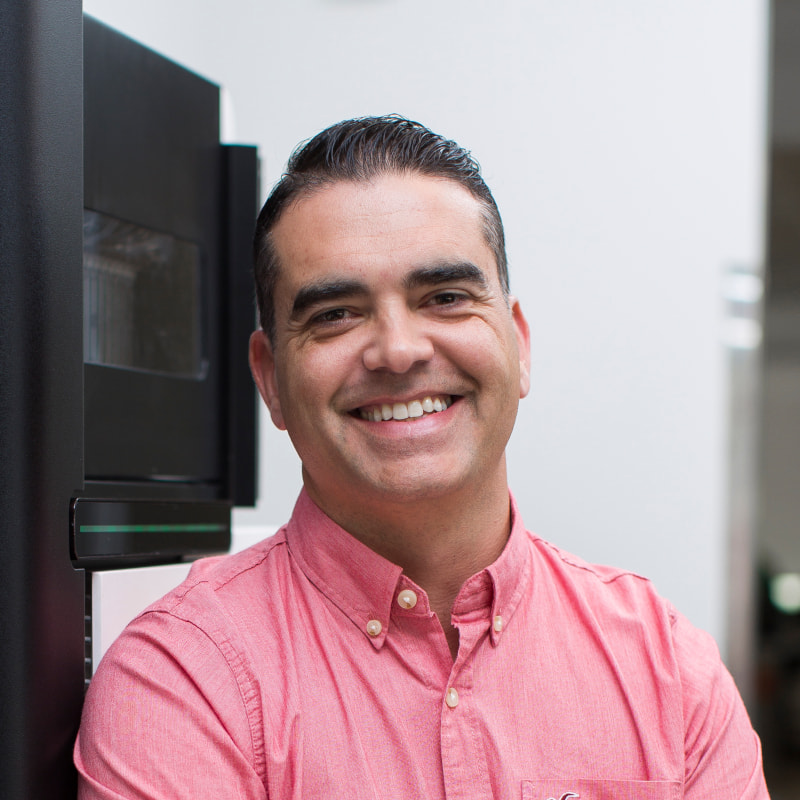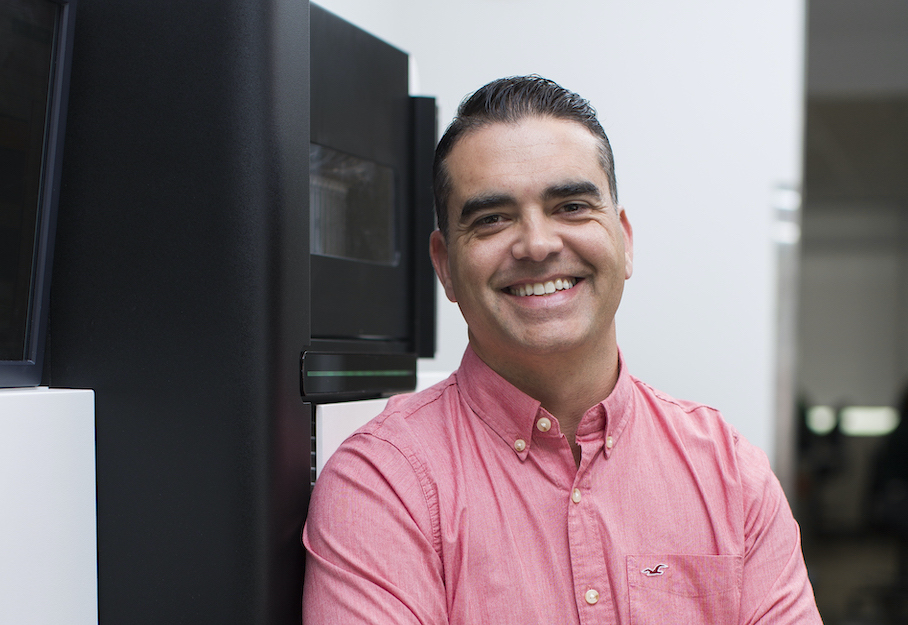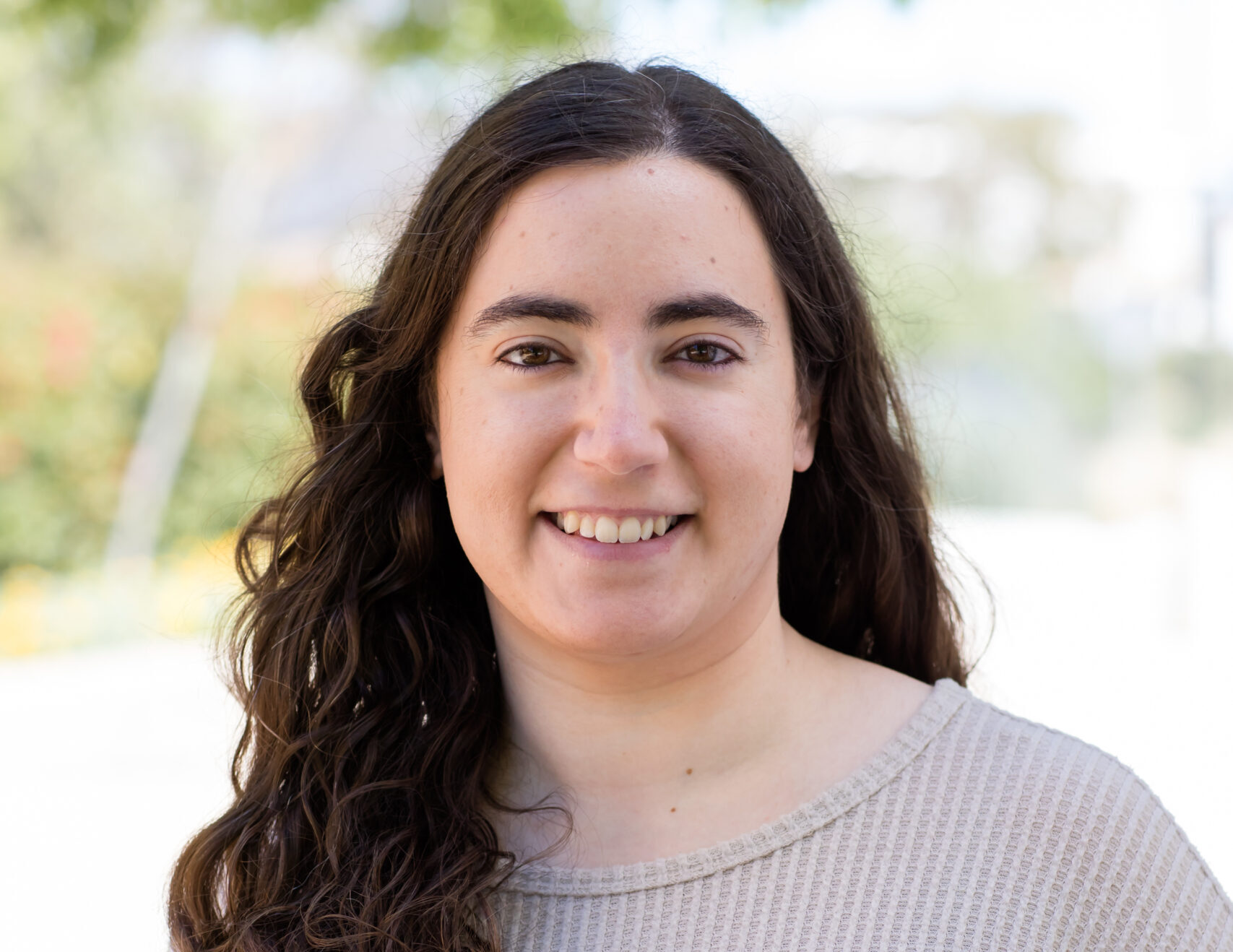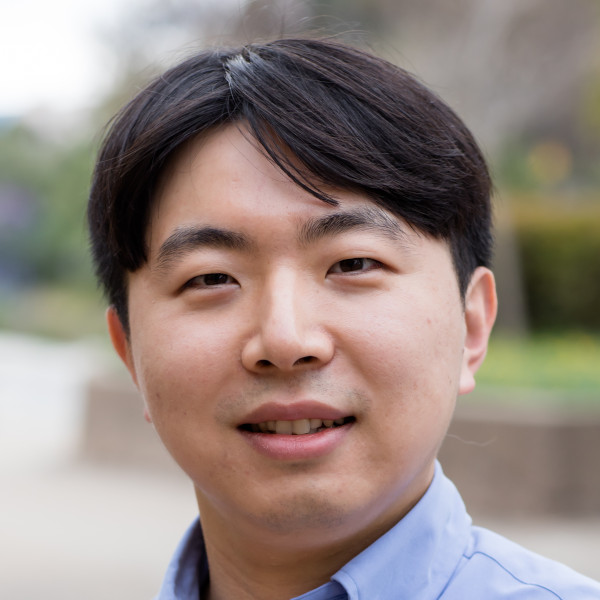
Overview
My lab specializes in applying new genomic analytical methods to better understand the molecular and cellular mechanisms at play in, and between, immune cells involved in the development and persistence of non-infectious respiratory diseases such as asthma and airway allergies. More specifically, my lab research strategy articulates around three directions:
Firstly, we are investigating the molecular heterogeneity, development, persistence, and function of a novel CD4 + T cell subset we identified while studying immune cells reacting specifically to the common allergen house dust mite. This new CD4 + T cell subset is characterized by interferon-responsive gene signature, therefore called T H IFNR cells (Science Immunology 2020). Our preliminary data identified these cells to play an important immune-regulatory role by dampening TCR signaling in other T cells [NIH-R01AI163665].
Secondly, we are working on another CD4 + T cell subset we discovered while profiling T cells directly isolated from the upper respiratory tissue of patients with severe asthma. These cells are cytotoxic tissue-resident memory (T RM ) CD4 + T cells, and we showed their link with asthma severity and clinical features. Interestingly, our preliminary data indicated that this subset may define one of the most prevalent groups of asthma patients, predominately male patients who developed severe asthma later in life (over 40 years of age). We are assembling an international group of clinical experts to further evaluate this CD4 + T cell subset as a universal specific biomarker for this group of patients, and potentially as a new target for asthma therapy.
Thirdly, we are investigating the role of other immune cell types such as T H 2 IL9 + , T H IL3 + , CD8 + T RM cells, or eosinophils in severe asthma and respiratory allergies.
These three axes of research are innovative, highly translational, and will undoubtedly lead to new therapeutic opportunities.
My team is also a supporting immunogenomic hub for several NIH multi-center largescale immunoprofiling projects such as the Human Immunology Project Consortium or the NIH database of Immune Cells and for everyone who wants to integrate Next-Gen-Sequencing technologies in their research (seq-team@lji.org). We are experts in a vast range of sequencing techniques, specifically validated for the analysis of precious clinical samples and rare immune cells.
Our lab has established scientific collaborations with multiple teams across the world such as UCSD – Dr. Akuthota (USA), University of Michigan – Dr. Lugogo (USA), University of Southampton – Drs. Kurukulaaratchy and Arshad (UK), University of Liverpool – Dr. Ottensmeier (UK), University of Ghent – Dr. Lambrecht (Belgium).
As a team leader, I’m committed to recruiting, and supporting talented individuals, fostering an environment that embraces diversity, inclusiveness, equity, and treats all individuals with dignity and respect, actively opposing intolerance, bigotry, bias, and discrimination. I am an active member of LJIdea, the Institute’s inclusion, diversity, equity & advocacy committee. I also respectfully acknowledge that I live, walk, and work on the sacred unceded land of the Kumeyaay/Kumiai Nation.
The judicious use of animal models is critical to finding new treatments and provides information that is essential in predicting how a new drug or procedure will affect humans. I share the public’s concern for the humane and ethical use of animals in research and enforce federal regulations and guidelines in this area. In fact, LJI has gone above these requirements by achieving full accreditation from the internationally recognized AAALAC International, an independent non-profit organization that reviews and accredits animal research programs and facilities. I further support and encourage research on alternative methods to reduce use of animal experimentation.
Featured publications
Single-cell transcriptomic analysis of allergen-specific T cells in allergy and asthma
Transcriptional profiling of Th2 cells identifies pathogenic features associated with asthma
Innate-like functions of natural killer T cell subsets result from highly divergent programs
Lab Members
 GS
GS
Gregory Seumois, Ph.D.
Research Assistant Professor, Director of Immunogenomics Center for Autoimmunity and Inflammation, Center for Sex-based Differences in the Immune SystemFrom the lab

Army of specialized T cells may trigger asthma attacks in older men
International team zeros in on immune cells responsible for some hard-to-treat asthma cases

Gregory Seumois is poised to answer big questions in asthma and respiratory allergies research
"Tackling significant health challenges in science and research is best approached as a cohesive but multi-disciplinary group."
Awards & Honors
- Young investigator fellowship LJI - Kyowa Hako Kirin Inc (2019)
- FOCIS Trainee Satellite Symposium Award | Boston, USA | 2010
- UCB Institute for Allergy Studentship | 2005
- Belgian Society of Pneumology Fellowship | 2005






